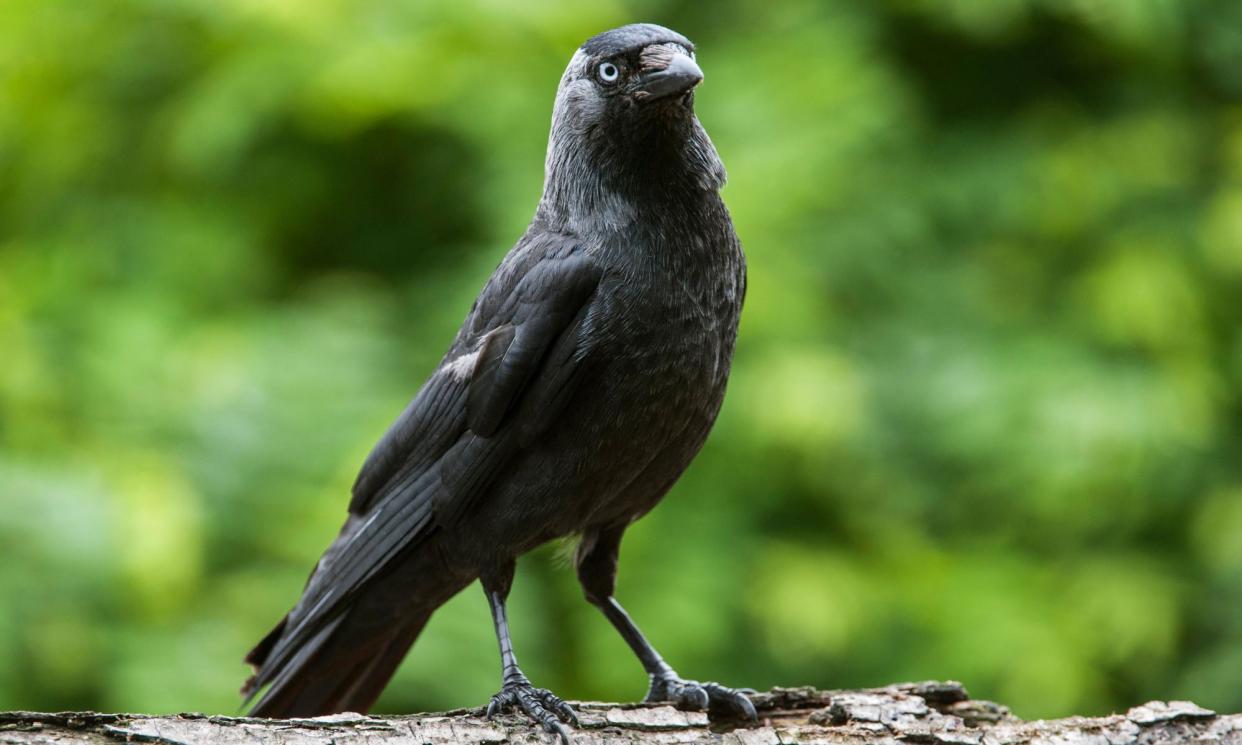Country diary: Farewell to my local patch, how it is and how it was

The week we moved in, a song thrush sang and our new neighbour knocked out the martin nests from under his eaves. The following spring, I located the thrush’s favourite song perch in a garden orchard and seven martin nest cups filled with birds on houses close by. A generation on, as we prepare to depart, the orchard is paved over, our local martins gone, all gone.
In a quarter of a century of living here, we have lost four parents, a brother, coal tits and chaffinches. Common terns fly over no more, passing trade once bound for a river that no longer feeds them. Red kites count among the additions, and I daresay our successor may imagine that they have always been pinned to the sky above their house. Little egrets, once unthinkable, are a dazzling white miracle, every time. Both of these arrivals feature large in the national discourse. But in my last months in Bedfordshire, I have thought a great deal about the other noteworthy changes in bird populations so specific to a locality, drawn out and observed over decades, that simply do not make any public record.
Perhaps a bird that was always there, seldom here, prompted my thinking. In the late 1990s, jackdaws were mob-handed grass-peckers of the churchyard, only ever spotted around us singly or in pairs. Something has caused them to come closer. All this summer long, claw-clattering chases over the roof tiles have turned the whole area into a school playground at break.
And those shrill voices! Jackdaws are truly parakeets of the countryside with their excitable “chee-ah” cries. If this is a murder of crows, then let me die in their ecstasy, for I know of no bird whose calls raise the spirits and toast the joy of companionship quite like the jackdaw.
For all their raucous sociability, these jackdaws retain an instinctive timidity. They top the trees and scale the roofs, but they are extremely reluctant to descend into the confined enclosure of an individual garden. Maybe that behaviour will change here in time, but it will be for someone else to see.
• Country diary is on Twitter/X at @gdncountrydiary
• Under the Changing Skies: The Best of the Guardian’s Country Diary, 2018-2024 (Guardian Faber) is published on 26 September; pre-order now at the guardianbookshop.com and get a 20% discount


